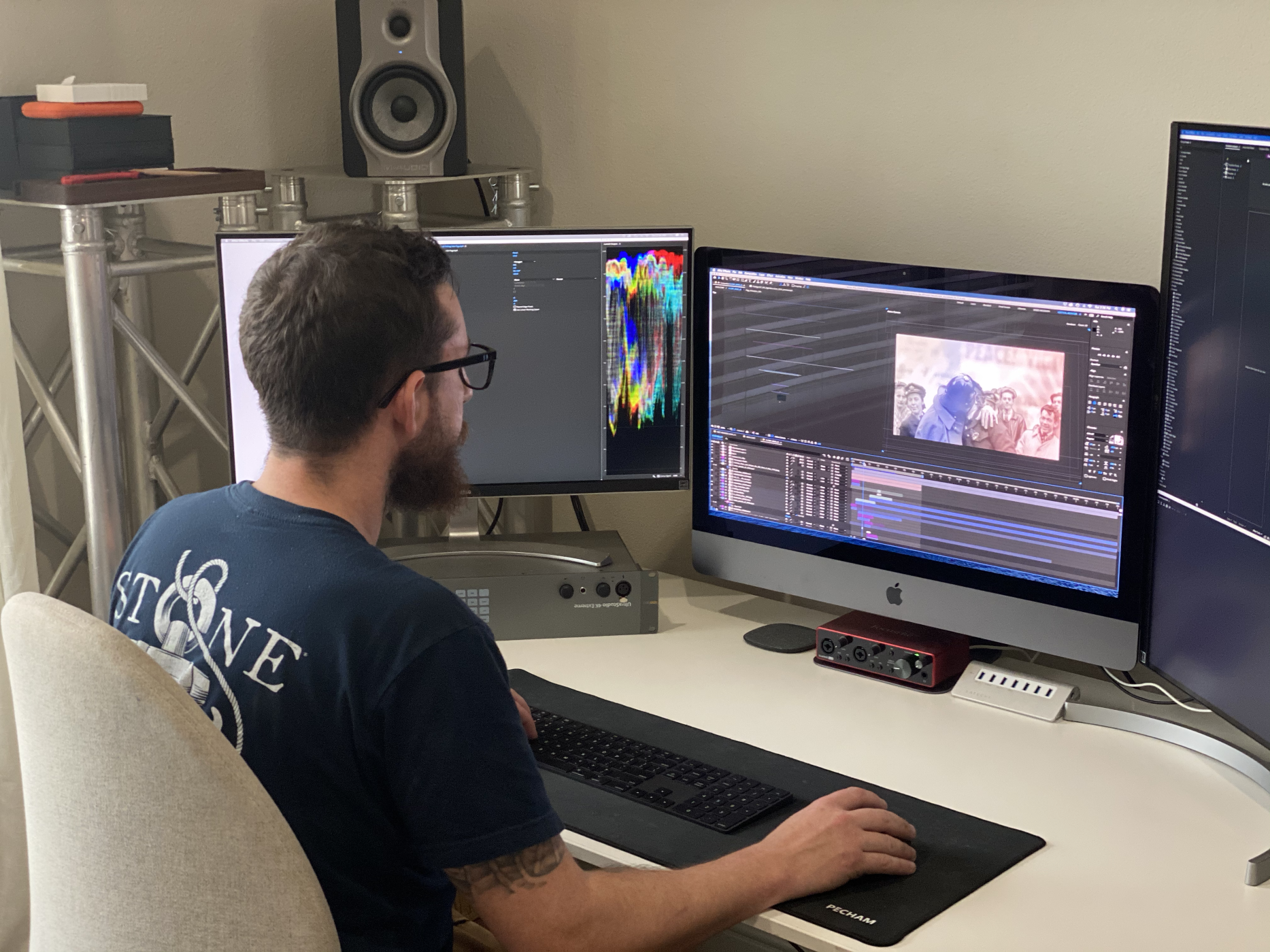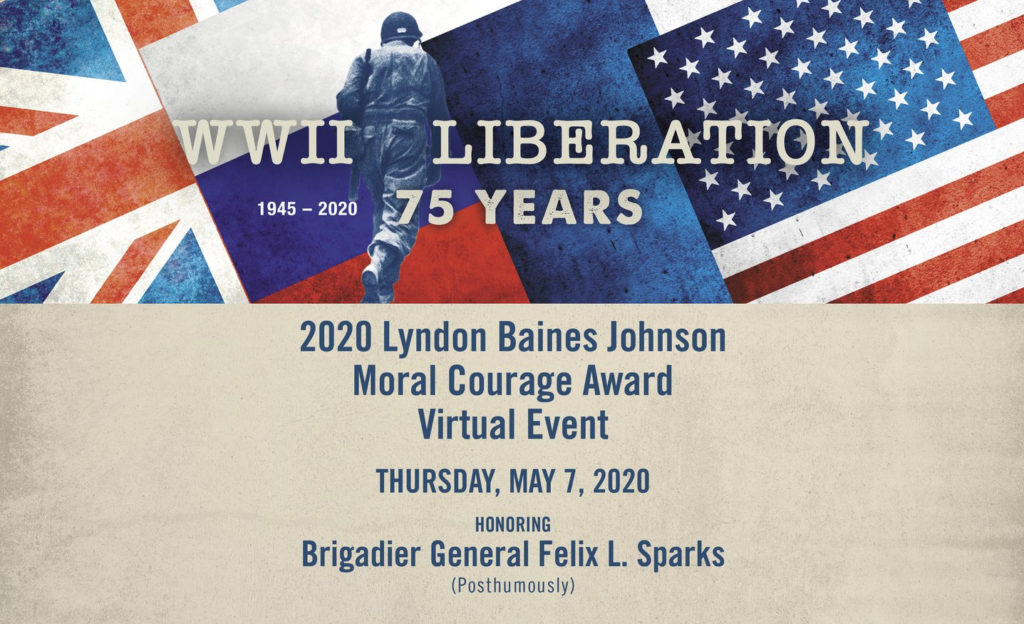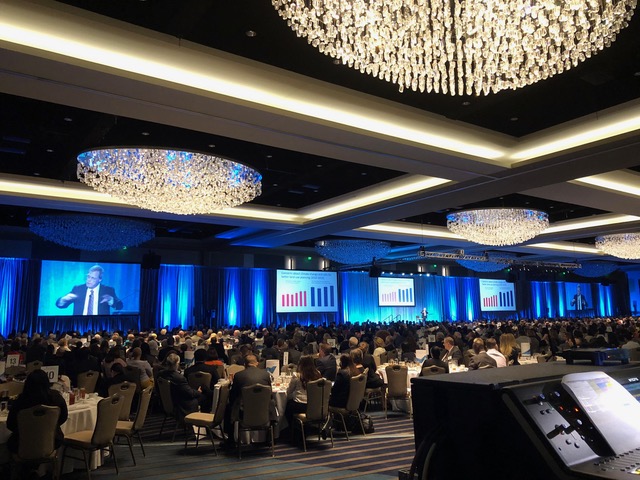How to Hold a Virtual Gala — Video Production Gurus Reveal the Tricks of the Trade
When the Party Needs to Move Online
BY Shelby Hodge // 04.21.20Tracey Shappro is CEO, president and executive producer of VISION Production Group which handles virtual events among other immersive experiences.
When Holocaust Museum Houston and the Kinder Institute decided that the best method of carrying on with their annual events in light of the pandemic was via virtual gatherings, both nonprofits turned to Vision, a Houston-based video production company with a decade of high-level corporate experience.
With that kind of inadvertent endorsement, we called on the firm, which specializes in everything from virtual and live event production to augmented reality to 3D projection mapping, for tips on how best to manage a virtual fundraiser. For a decade, the production group has been creating immersive experiences for all of the city’s major sports teams and boasts a client list that includes Houston Livestock Show & Rodeo and the Greater Houston Partnership.
“Instead of canceling the events,” Vision president, CEO, and executive producer Tracey Shappro posted on LinkedIn, “planners can be innovative and evolve their original format into one that allows them to still engage attendees and share their brand stories through virtual experiences.”
Shappro has provided PaperCity with a comprehensive guide for nonprofits (translatable to businesses as well) that are considering converting their fundraisers into virtual experiences. Her responses have been edited for length.
PaperCity: What are your general guidelines for hosting a virtual event?
Tracey Shappro: Brands need to make sure that their virtual content matches their brand voice, and that the quality of the programming they put out matches the caliber of their organization. An effective way to reach your audience through virtual experiences is to create “business theater,” which refers to reshaping the in-person experience into a visual and sensory experience that connects and resonates with audiences through the power of visual media to influence behavior — just as you would produce a broadcast television show.
PC: What about the added cost of virtual production?
TS: The advantage can be of moving budget that was set aside for vendors, food, and venue to tech aspects that can be enjoyed by a larger audience, more than can fit in a ballroom. It’s creating entertainment designed to support your event goals and objectives.
PC: What are your pointers to note when going virtual?
TS: One criticism of virtual events is that they can be less personal than live events. That does not have to be the case and often occurs more when a virtual event is an afterthought or done as an alternative method rather than an intentional one. It is okay for virtual experiences to be authentic and organic; they just need to be well-produced with quality content to be effective.
There are three things that have the most impact on streamed or digital engagement: (1) quality content, (2) production value, and (3) authentic human connection. The goal is to produce an online event your audience will actually watch and stay engaged. So, consider a prerecorded production.

Pre-produced formats are essentially a television show that’s been prerecorded before it goes on air. This method of producing allows organizations much more flexibility to create a well-thought-out, designed, and produced brand story/experience.
Put yourself in your audience’s shoes. Think about how you can turn your virtual experience into an opportunity to add even more value and deliver an experience that makes your audience thrilled to be taking part in. Think about what your audience wants to hear, and put those messages out in a manner that will resonate with them and keep their attention.
Consider alternative sponsorship opportunities. Virtual events open up a lot of additional revenue streams and sponsorship opportunities that can give even greater exposure and impact to larger audiences than a live attended event. There are virtual waiting rooms and landing pages that can be used for sponsor recognition, as well as closing credits. There are also a lot of great fundraising tools out there that can be integrated into virtual experiences such as Better Unite, One Cause, and Text 2 Give.
Instead of canceling your live event, shift your thinking and transform your event into a virtual experience that is designed to achieve your event goals in a different way. Virtual events give your audience the flexibility to experience your brand and products from anywhere. In the aftermath of COVID-19, we believe that many event planners will be considering virtual events as a part of their annual events budget and use in-person events much more selectively.

































